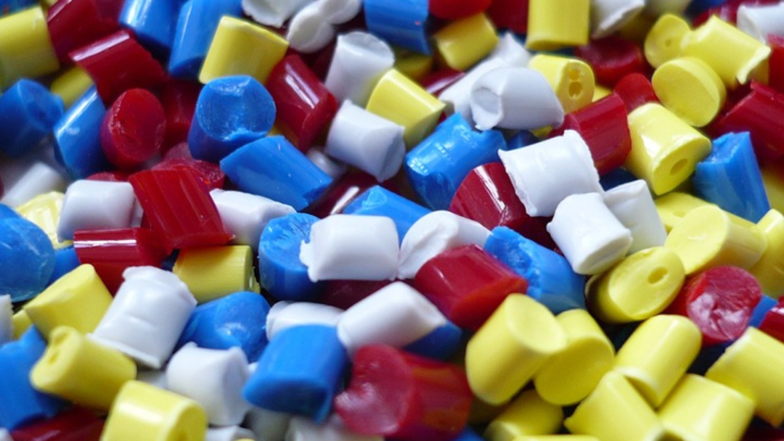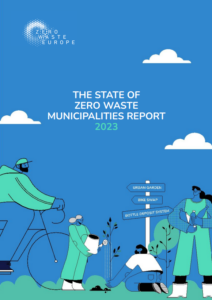Chemical recycling won’t solve the plastic crisis

Plastic has entered the fossil era, just like bronze and iron did thousands of years ago, scientists said earlier this month. We have ejected so much plastic into our environment that it is now present in the layers of sediment building up around us – and has been since the exponential rise of plastic production in the 50s.
From strangling birdlife or killing whales who mistake plastic waste for food, to concerns for nature and our own health as microplastics and the chemicals used in the production of plastics enter the environment and the food chain, the negative impacts caused by waste plastics are widely reported. Despite this, plastic production is projected to continue its rise, fed by the very same fossil fuels driving global heating (most plastics, even bioplastics, are made from petroleum). So, what can society do?Refuse and reuse
One path we could and should take is to massively refuse plastic. Food packaging, plastic children’s toys, fleecy winter jumpers, throw-away coffee cups, party plastic, plastic outdoor furniture, nylon rope, plastic food storage boxes – it makes sense to say no to plastic that is single-use, that can leach into the environment (e.g. fleece fibres) or that is of such poor quality it will end up breaking after a few uses.
At the same time, why not say yes to reusing plastic items by buying second-hand clothes, repurposing or fixing old items, making use of deposit return schemes, refilling used containers with simple homemade cleaning products or pasta sold loose by weight?
Recycling = downcycling
Did you know that putting out your plastic waste in a bag for kerbside collection is not really recycling, but downcycling? Every time plastic waste is ‘mechanically recycled’ – collected, sorted, washed, squashed and then processed into tiny plastic chips that are possibly melted into new items – it gets a little bit degraded. For example, plastic water bottles can be recycled into plastic garden furniture which, once full of holes or broken, usually end-up in landfill.
Moreover, any ‘extras’ found in plastic waste, like toxic brominated flame retardants found in many electronic items cannot be removed by the mechanical recycling process. That’s why virgin plastics are used in most food packaging, to lower the risk of food becoming contaminated. Furthermore, there are types of plastic that cannot be recycled because they are too deteriorated or contaminated and a lot of our waste plastics that we think have been recycled, are dumped on poorer countries like Malaysia where they are burnt.
So really, mechanical recycling is kicking the problem of plastic waste into the long grass.
Dealing with degraded plastic
There might, however, be a new solution for degraded plastic – or that’s what the industry would like you to think – in the form of chemical recycling. Potentially, chemical recycling processes can turn degraded plastics back into high quality plastics, but not without caveats.
Zero Waste Europe’s new report outlines the science and the current stage of development of the three different types of chemical recycling. However, it warns against placing too much faith in chemical recycling, since the technologies are young and under-analysed, especially on their environmental impact. In addition, these chemical recycling technologies are not yet defined, which could, according to the report, pave the way for heat-based chemical recycling to become an incineration process that simply burns old plastic for fuel under the deceptively green-sounding name of recycling.
With proper research and roll-out, chemical recycling could help us to deal with poor quality plastic waste which cannot be mechanically recycled. But, the tougher nut to crack is how to change our society from a throw-away to a circular one in which this kind of waste is not generated on the mass scale it is today.
So, don’t let chemical recycling distract you into thinking we’re cracking the plastic waste problem with a new process – it’s just a sticking plaster for the plastic waste problem. Refusing as much plastic as possible in the first place is still the best solution!
To further investigate Chemical Recycling you could join the ZWE Live! webinar Chemical recycling: what it is and does it fit into the Circular Economy?


